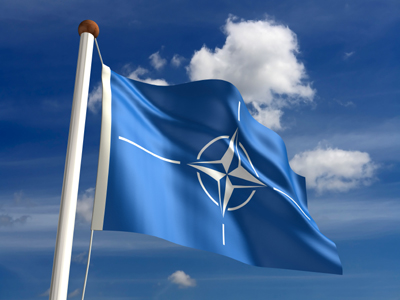
Cold War: 1945-1953 - Origins And Early Crises
In GCSE History students will look at the Cold War, which lasted from the end of World War II until the fall of the Soviet Union. One aspect they will cover will be the origins of the Cold War and some of the early crises in it.
The origins of the Cold War can be traced back as early as the Second World War. After 1945 relations between the Soviet Union and the Western Allies began to deteriorate seriously, and crises inevitably followed. Disagreements had occurred before, but now a state of armed tension existed between the two sides that was to last for nearly 45 years.
Learn more about the origins of the Cold War, and some of its early crises, in this quiz.
Ready for more?
not all...
quizzers. Try to win a coveted spot on our Hall of Fame Page.







